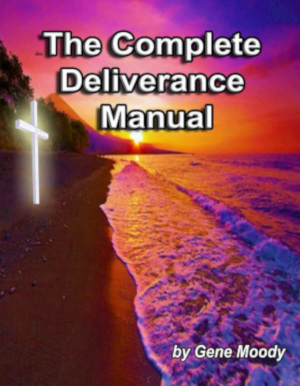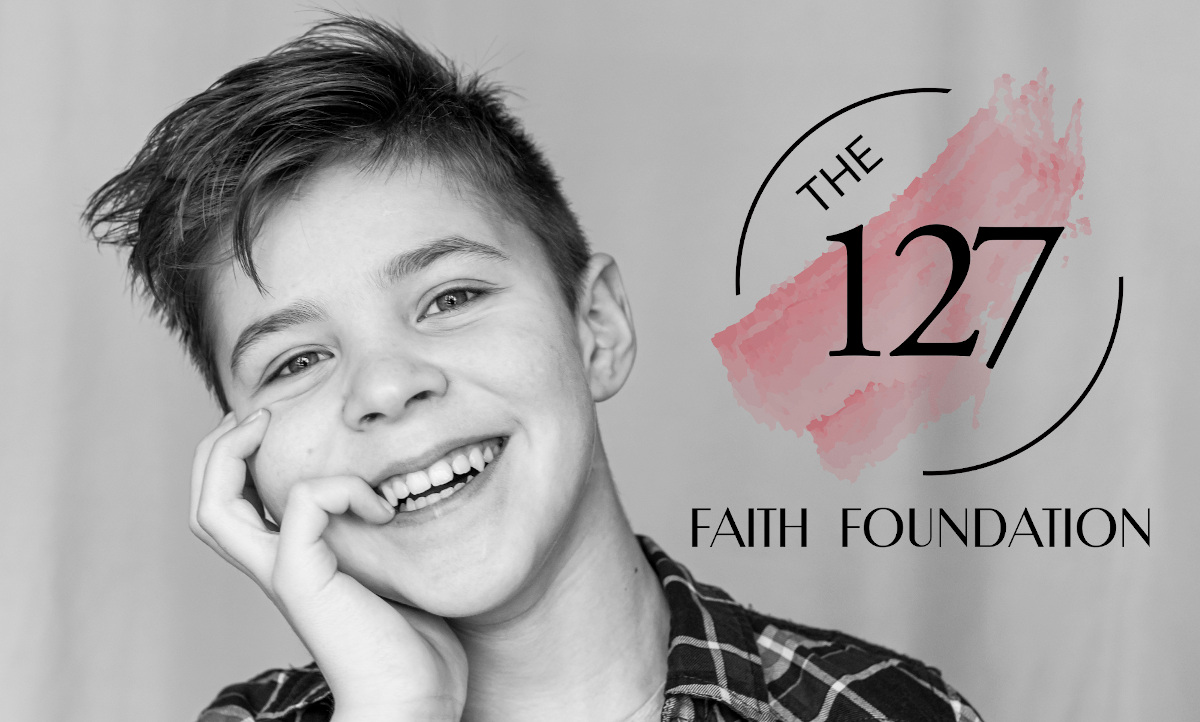
Our Christ-Centered Program
Who Can Apply?
 An individual applying for The 127 program may be an orphan or a distressed young man in need of help. We will accept applicants ages 18 through 30 who demonstrate a commitment to turning their lives around. We work with district attorneys, probation officers and parole officers in an effort to find suitable applicants.
An individual applying for The 127 program may be an orphan or a distressed young man in need of help. We will accept applicants ages 18 through 30 who demonstrate a commitment to turning their lives around. We work with district attorneys, probation officers and parole officers in an effort to find suitable applicants.
We are a faith-based nonprofit organization. If you are interested in The 127 program, we encourage you to surrender your life to Christ and let go of fear, the past, and all hatred associated with the those who have harmed you.
Non-orphans can also submit an application to The 127 at the cost of $6,000 per month. While every child's circumstances are different, our experience is that six months to a year is needed to make progress.
We will help you acquire a GDE and encourage you take steps towards continued education, whether at a junior-college or a university pursuing your Masters degree. This program is about your goals and your future. Ultimately, you determine whether you will become a pillar in the community—by the grace of God, or a burden on society.
Please note: If you have received an mRNA vaccine, we respectfully request that you use one of the methods approved by the World Council for Health's detox treatments before applying. Please CLICK HERE for more information.
Our Curriculum
At The 127, we understand the pain and sorrow associated with being a throwaway child. Some of the strongholds orphans deal with are: fear, resentment, bitterness, unforgiveness, apathy, unbelief, depression, anxiety, lust, anger, pride and greed. Any of these emotions listed above can open the door to lifelong, debilitating addictions, and in many cases, already have.
Most importantly, we expect each young man enrolled in our program to make the commitment to become a good person who strives to be a productive citizen in their future. This is why we focus on the ministry of breaking strongholds and spiritual deliverance. We believe that the cycle of generational sin can and must be broken. Imagine the opportunities and blessings that future sons and daughters will experience when this is achieved.
The curriculum we use to reach these goals can be viewed by clicking the link underneath the book, "The Complete Deliverance Manual."

Why We Exist - The Biblical Perspective
Widows are women whose husbands have died, and orphans are children whose parents, for whatever reason, are not in the child’s life. In biblical times, the main cause of a child being orphaned is that the orphan’s parents had died. The Bible reveals God’s attitude toward orphans and widows: He cares very deeply for them. God commands us to protect and care for orphans and widows (Psalm 82:3).
Husbands and fathers play an irreplaceable role in a family. When the man is not there, the wife and child can suffer in many ways. The Bible tells us that God Himself steps in to fill the role of protecting and caring for orphans and widows. “A father to the fatherless, a defender of widows, is God in his holy dwelling” (Psalm 68:5). In our world, those who are helpless tend to be taken advantage of by those who think they can get away with it. However, nothing escapes God’s notice, and He will avenge the orphans and widows. “You, LORD, hear the desire of the afflicted; you encourage them, and you listen to their cry, defending the fatherless and the oppressed, so that mere earthly mortals will never again strike terror” (Psalm 10:17–18).
 God commands us to care for orphans and widows. When He gave the Law to Moses and the Israelites, He gave instructions for how to treat the orphans and widows among them—with harsh consequences promised if they failed in their responsibility (see Exodus 22:22–23). In the New Testament, James says that taking care of the needs of orphans and widows is part of religion “pure and faultless” (James 1:27). Caring for those in distress is not optional for followers of Christ.
God commands us to care for orphans and widows. When He gave the Law to Moses and the Israelites, He gave instructions for how to treat the orphans and widows among them—with harsh consequences promised if they failed in their responsibility (see Exodus 22:22–23). In the New Testament, James says that taking care of the needs of orphans and widows is part of religion “pure and faultless” (James 1:27). Caring for those in distress is not optional for followers of Christ.
In 1 Timothy, Paul lays out more detailed instructions for how to care for widows (1 Timothy 5:1–16). First, Paul puts an emphasis on a widow’s family taking care of her, instead of leaving it all up to the church. “If a widow has children or grandchildren, these should learn first of all to put their religion into practice by caring for their own family and so repaying their parents and grandparents, for this is pleasing to God” (1 Timothy 5:4). Paul instructs that, for a widow to be supported by the local church, she must be over the age of 60 and she must have been faithful to her husband and have led a godly life. And she must have no family member to care for her (1 Timothy 5:9–10). The bottom line is that all widows should be receiving the care they need, without anyone getting overburdened by the responsibility.
We should not view caring for orphans and widows as simply a command from God we must fulfill “or else.” There is tremendous blessing in serving and standing up for orphans and widows. In considering what our own attitude should be toward the orphans and widows around us, it’s helpful to remember that all of us were adopted into God’s family through Jesus Christ (Ephesians 1:3–7) and betrothed to Christ (Ephesians 5:32; Revelation 19:7). It is our joy and privilege to partner with God in loving, serving, and protecting the orphans and widows among us.
Often times, the only attachment an orphan has to their biological father is based on what they “choose to believe,” rather than who their dad really is... sadly enough, a figment of their imagination. Orphans not only detach and distance themselves from those they are angry with, but they easily succumb to the evil or sin that others surrounding them are involved in.
StevieRay Hansen, Founder of the 127 Faith Foundation, and a former throwaway kid who understands the pain of orphans.
"The 127 stands ready to help these young men."
Contact: Stevieray Hansen @ 325.347.2654